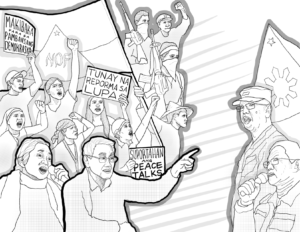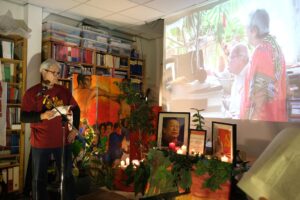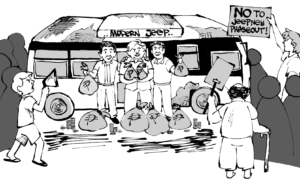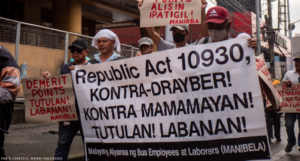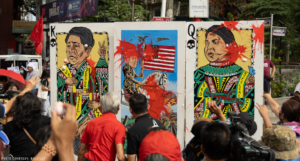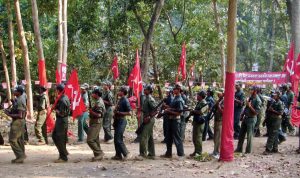Christmas of hope and dreams: The OFW amid longing and crisis

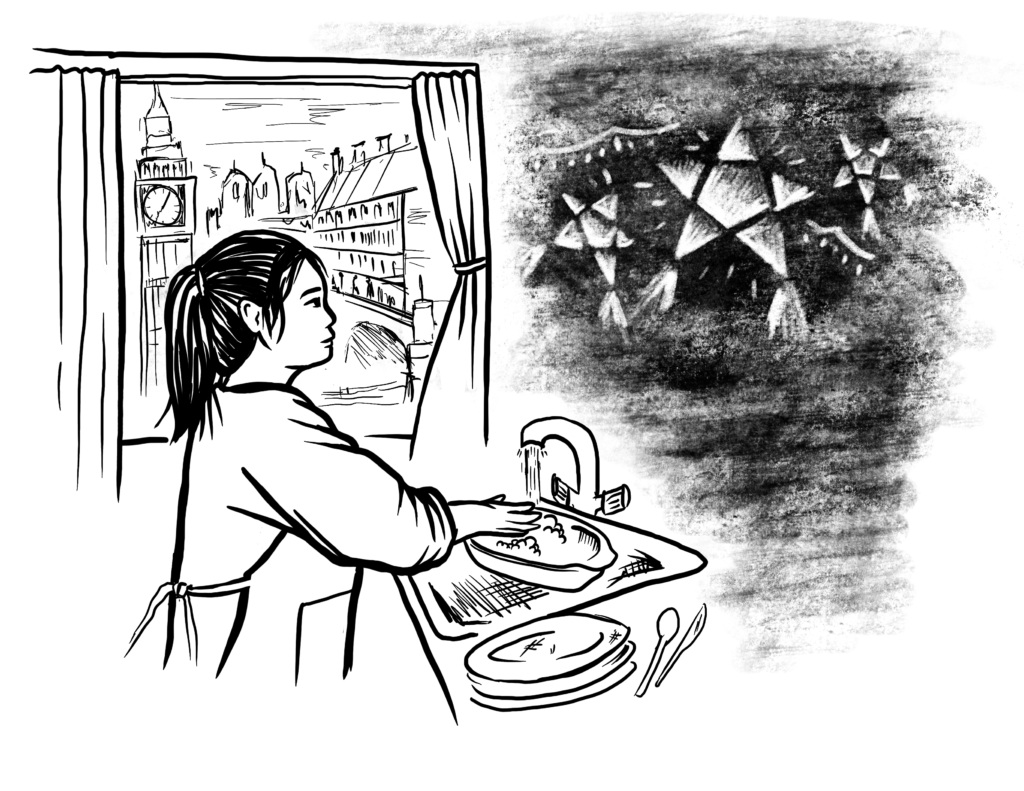
The Christmas season, for most of the overseas Filipino workers (OFW), is not only a time of celebration but also a time of intense longing and aspiration. Their most cherished gift: to be with their loved ones.
Amid the severe economic crisis, social challenges, and ongoing political turmoil worldwide, many OFWs are facing the bitter reality that their dream of returning home may not be realized this Christmas or in the near future.
Miriam, a caregiver, and Ana, a domestic worker, in the United Kingdom, typify the dream of many OFWs who want to go home but are prevented by many obstacles. “If only our desires prevail, we would love to go home. But airfare is very expensive and we are always discouraged by the very difficult situation in the Philippines. If we can’t get back here, what then?” they said.
As for Carlos, a seaman who temporarily landed in Southampton, England, “It’s okay if I have no noche buena, as long as I can send money and gifts to my family. Even in that way I can make my family feel I am with them this Christmas.”
More than an estimated 300,000 Filipino migrants are in the United Kingdom, making it the largest OFW-populated in all of Europe. Meanwhile, Filipinos remain at 75% of the total population of seafarers in the world.
They all have a common dream: education for their children, a peaceful home, and a stable future in the Philippines for their loved ones. Behind this, financial challenges, deep indebtedness, insecurity and hopelessness in the Philippines continue to worsen their situations.
Recently, a supposed government analysis came out claiming that many OFWs are already “planning” to return home after five years overseas. It wasn’t true then, and it’s even more improbable now.
The worsening economic crisis in the Philippines, characterized by the inflation of the prices of goods and basic services, lack of farm land and jobs, and widespread oppressive government policies cause uncertainty in the return of OFWs. Most of them left the country because there were no decent jobs in the Philippines. They worry that if they return to the Philippines, their additional financial burdens and job insecurity may double or triple.
Anti-migrant and anti-worker policies, rising cost of living and unemployment in the Philippines are the main reasons why OFWs are reluctant to return home. “The plan to go home is constantly there. But we always have to consider a lot of concerns. This is not an arbitrary decision that can be taken for five or a few years,” said Carlos.
“If the government really wants OFWs to return home, it must ensure there are enough opportunities for us to survive and support our families. OFW remittances have long been considered the lifeblood of our economy, but why has there been no progress until now?” said Miriam.
Ana adds, “Then news shows the President (Marcos) frequently going abroad. How easy for him to go abroad and return home at whim. They are claimed ‘official trips’, from the country’s treasury. Is that how our remittances are spent?”
According to Migrante International, in order to solve the problem of forced migration of Filipino workers, the government’s response should be living wages in the Philippines, not labor export policy.
On December 18, migrant workers and their families commemorated the International Day of Migrants by condemning the Marcos regime for neglecting the urgent issues of OFWs and Filipino migrants while intensifying the state’s labor export program.
Meanwhile, despite the challenges and distance, OFWs continue to hope that one day, they can return home and be with their loved ones on a Christmas truly abundant for their families and Filipino society.


